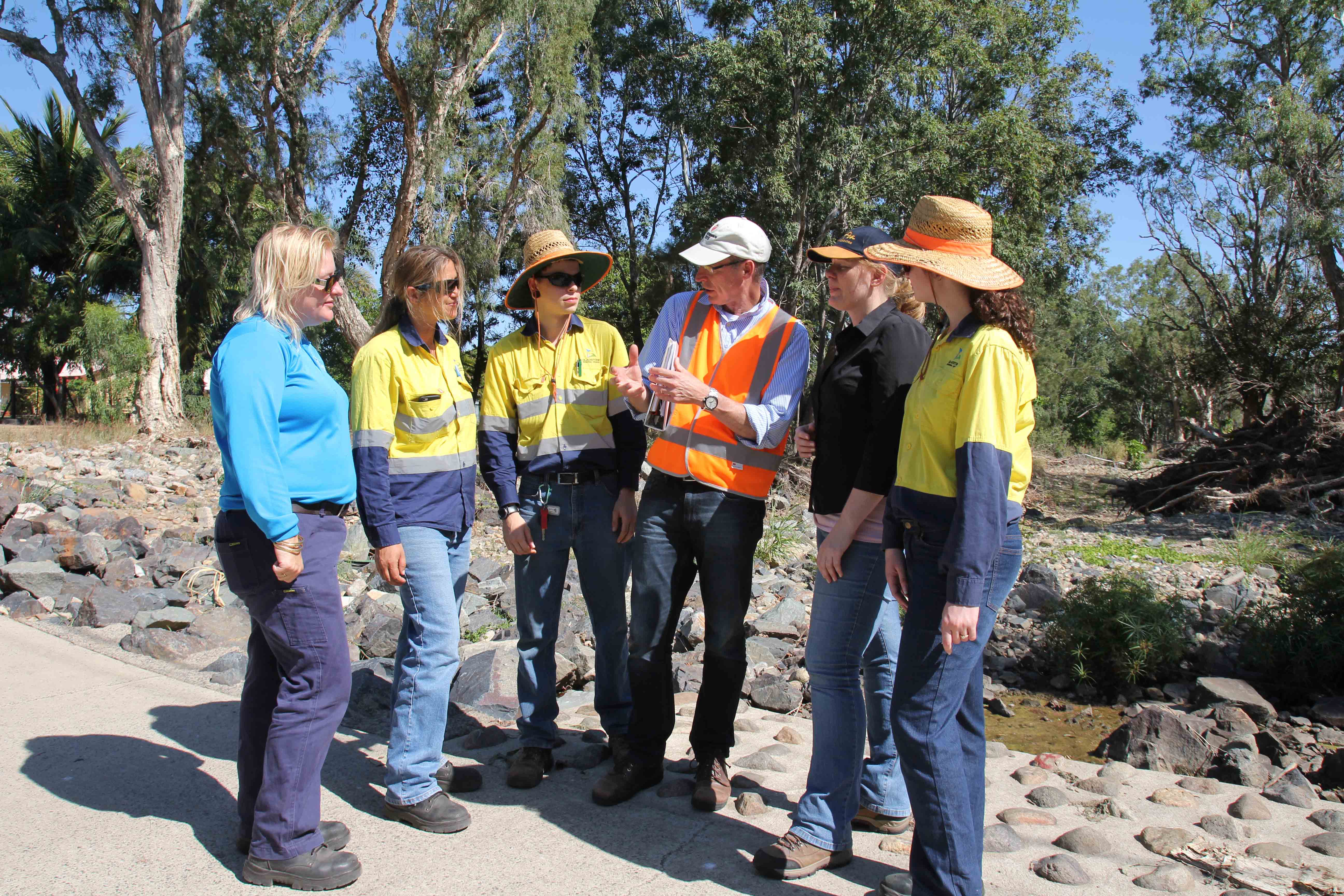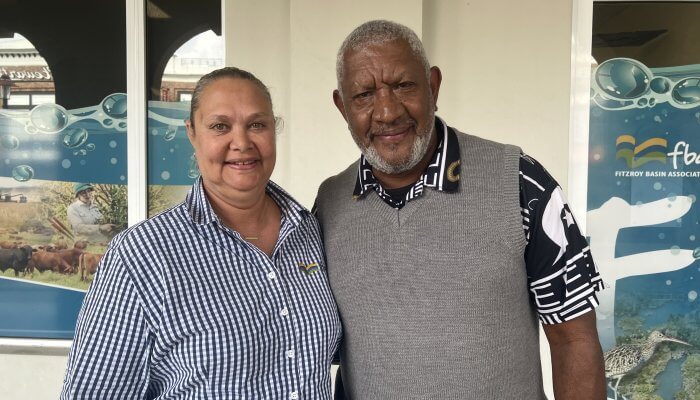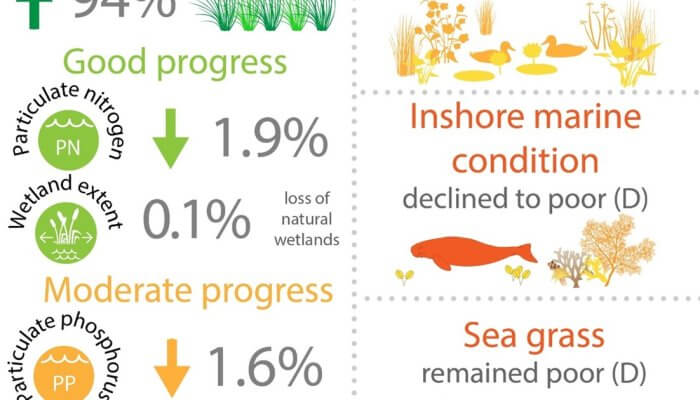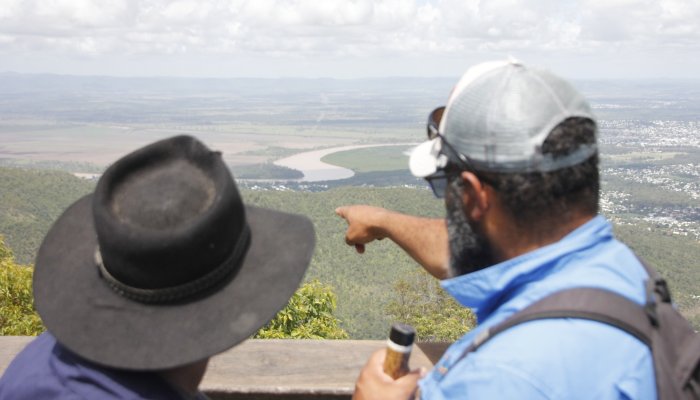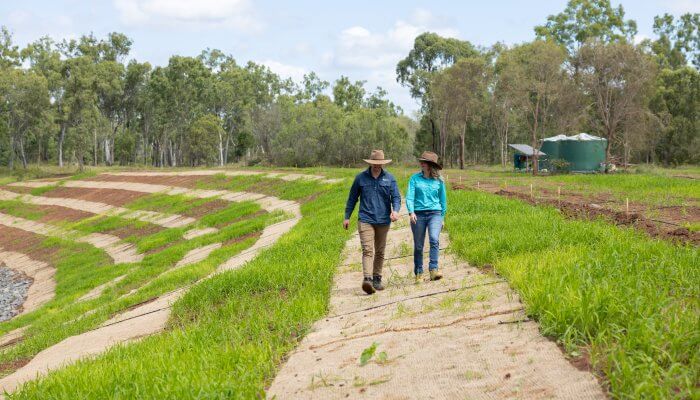Workshop reveals the science behind our local waterways
Posted on October 15th, 2015
Fluvial geomorphology sounds out of this world, however 17 participants joined Fitzroy Basin Association staff this week, to discover how relevant this science is in our local area.
Fluvial geomorphology is a science dedicated to understanding waterways, and Fitzroy Basin Association (FBA) coordinated a two day workshop for local organisations whose work focuses on urban waterway management.
FBA Chief Executive Officer Paul Birch said the training was supported by FBA through funding from the Australian Government.
“Staff from Livingstone Shire, Gladstone and Isaac Regional Councils joined FBA, Greening Australia, Conservation Volunteers Australia, Capricornia Catchments Inc. and Fitzroy Basin Elders Committee to enhance their skills around Water Sensitive Urban Design and learn techniques to assist them in assessing the health of local creek systems,” Mr Birch said.
“It was particularly important to have local Councils, as waterway managers, in attendance, as a number of local creeks were studied as part of the training including Moores Creek and Frenchman’s Creek in Rockhampton, and Fig Tree Creek in Yeppoon.
“The training provided participants a deeper scientific understanding of waterway processes and will support better decision making when it comes to restoration activities,” Mr Birch said.
Generally, urban waterways are impacted by both human development and natural weather events which inevitably increase the volume of water entering creek systems. As a result of this influx of water, local creek systems are undergoing bed deepening and/or bank widening processes, which can affect private and public infrastructure.
Training highlighted that treating individual sites, such as an eroding bank, may not be the best use of resources. Locating the source causing the damage further upstream is necessary to properly mitigate the impact.
The training also focused on the importance of knowing the history of each creek system and catchment as change that has occurred over time will continue to impact these systems into the future. Key learnings also reinforced re-vegetation of strategic areas to be the most effective, and relatively inexpensive option, compared with mechanical intervention.
Mr Birch said some of the urban waterway sites examined by participants are stable and functioning in a manner that is contributing positively to the health of the Great Barrier Reef.
“Effective waterway management is key to reducing the amount of sediment reaching the Great Barrier Reef.
“FBA has funding available for projects until June 2018 to support waterway management activities and is actively seeking to work with Rockhampton Regional Council, Livingstone Shire Council and Gladstone Regional Council to improve our local waterways,” Mr Birch said.
For more information about the training, contact FBA on (07) 4999 2800.





